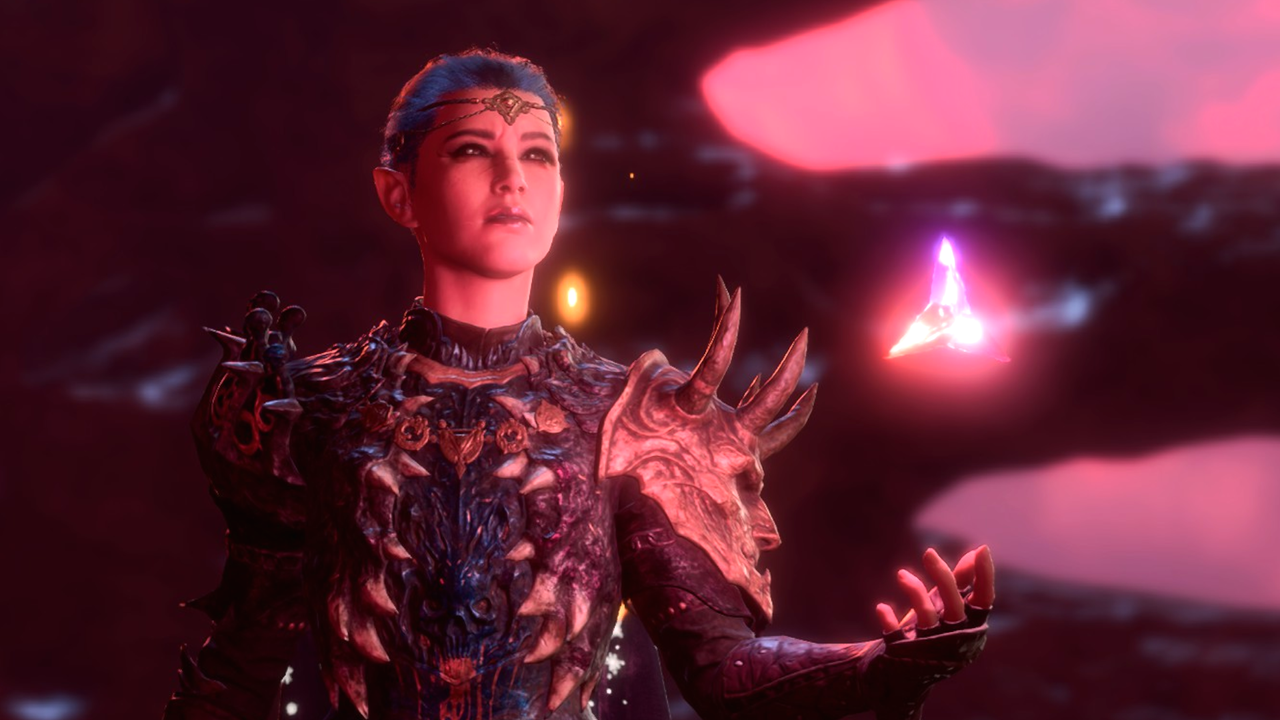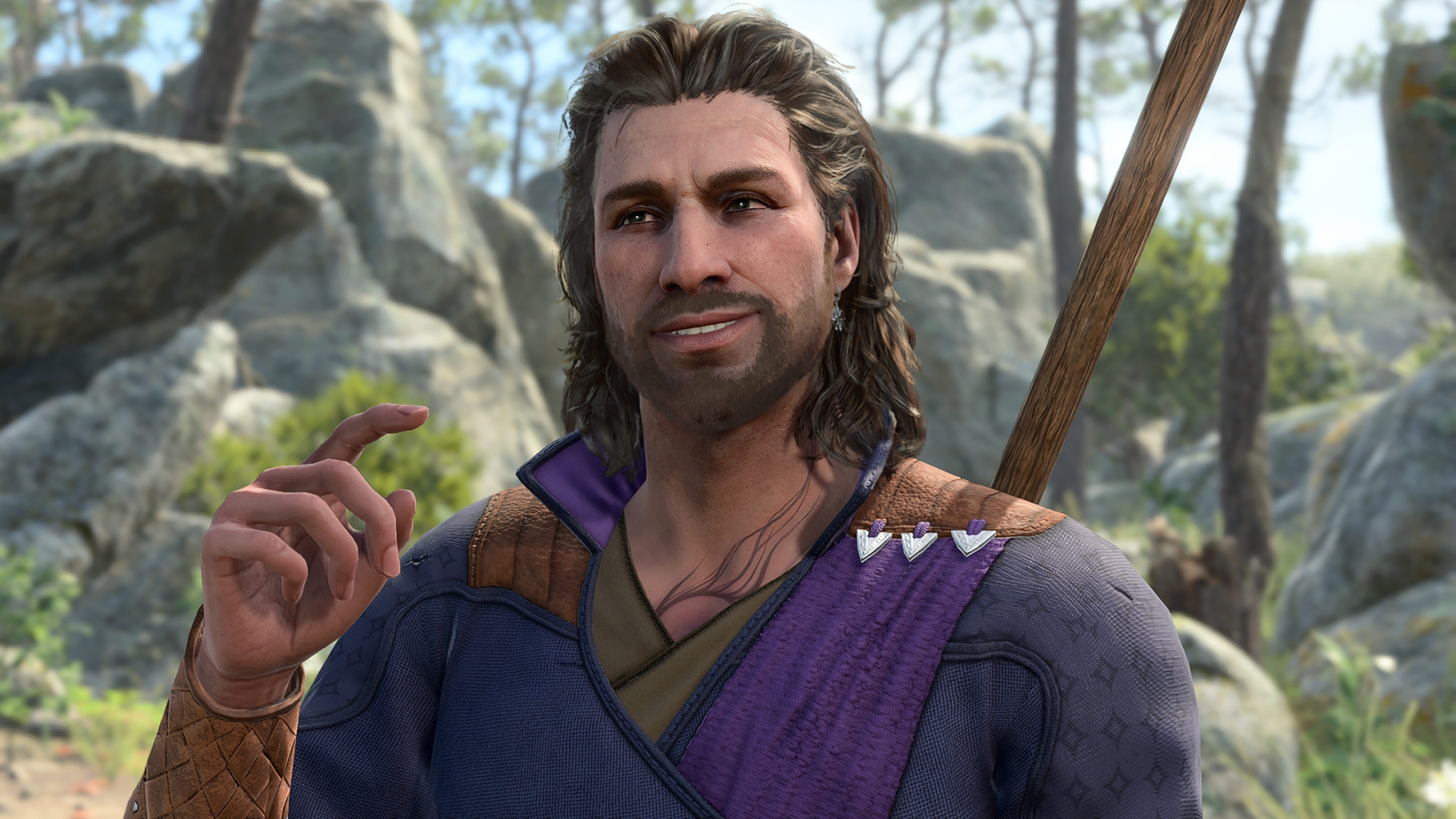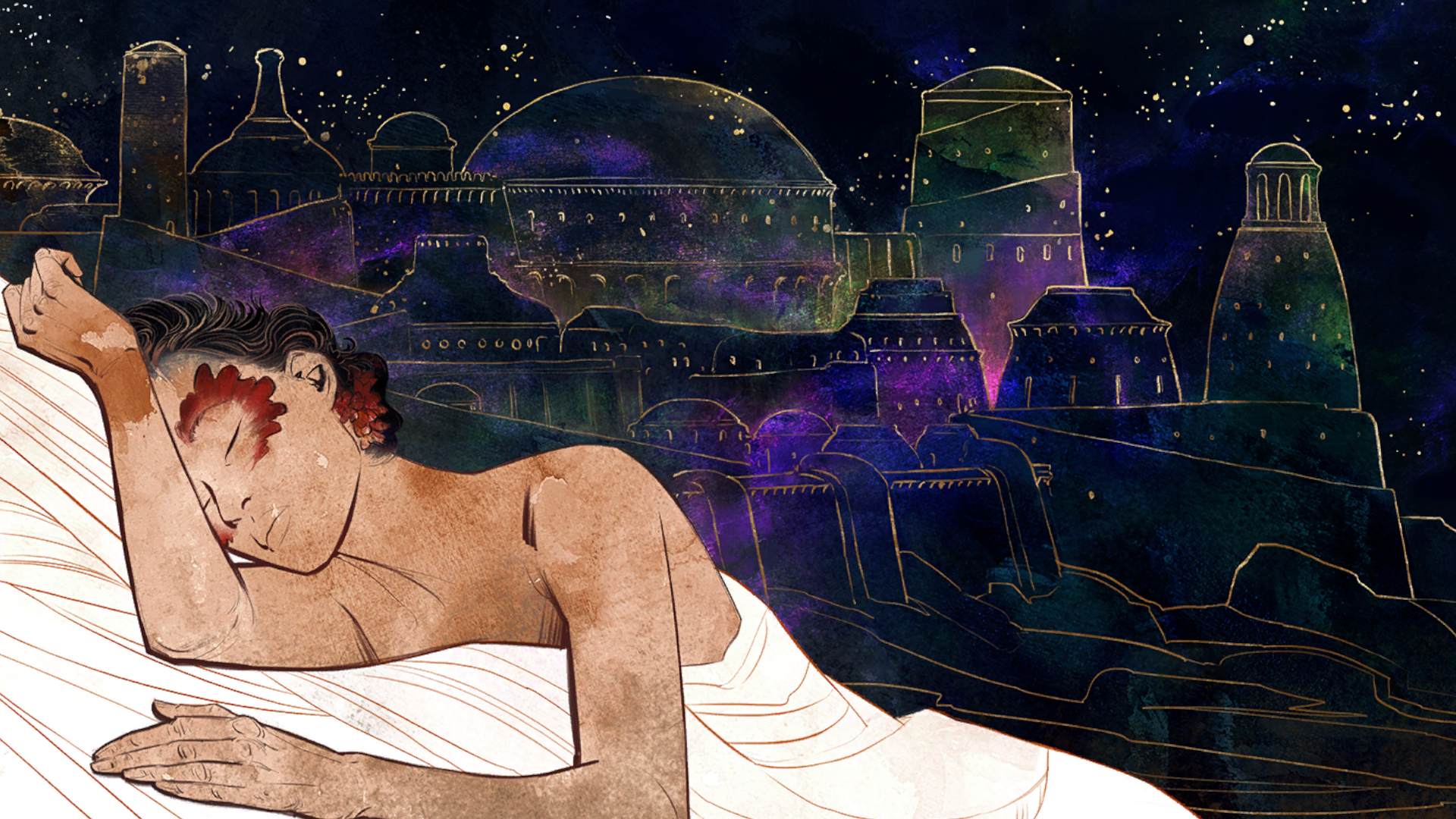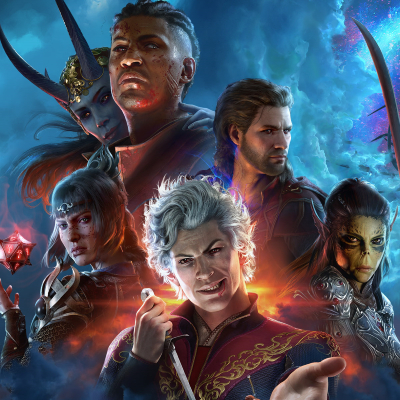We need to commit—it’s time crunchy, complicated RPGs made their mainstream comeback for good


Last week I was: Celebrating Final Fantasy 14 finally giving us fashion-forward WoLs what we want, pondering the role of mods in MMOs.
I’ll be honest, I’ve never really understood the ‘RPG to action game’ pipeline that many popular series—and studios—have gone through. Consider Dragon Age; born as a CRPG, forced to live through little chips and nicks that turned it into a third-person action game with RPG elements.
I mean, I get it on paper. Action games have more mainstream appeal, so sayeth industry wisdom. If you want huge, big-budget successes, the best way to spoil those dreams is to brain newcomers over the dome with a character sheet, or gross them out with an orb-based skill tree that looks more like a trypophobia trigger than a UI element.
But as we’ve gone on, I’m growing less and less convinced that this idea—that we simply cannot handle anything more difficult, or it’ll hurt our walnut gamer brains—was ever true. At the very least, it’s not true right now.
Complexity, turning games into the sea
Before I get stuck in, I want to define what I mean by “crunch”, which is a TTRPG term I’m cribbing for this article about videogames, and there’s nothing you can do to stop me.

Crunchy systems are typically three things: They’re granular, in that the rules get into specific detail, and you’re given a lot of insight into how those rules work. They’re complex, in that you have a wide range of builds and playstyles to pick from. And they’re meaningful, in that the choices you make about your character have an appreciable impact in how you can approach the system—and, crucially, it’s possible to get it wrong to a point where you might have a harder time.
In videogames, granularity usually manifests in gnarly, spiderwebbing skill trees and modifier-flooded menus. Complexity usually walks hand-in-hand with this, but it can also crop up with more streamlined perks systems as long as those perks are actually impactful; meaningful choices can appear either as part of character-building systems or in the open-ended approaches of the immersive sim. The core thread being, knowledge is power.
Games at the deep end of this spectrum, possessing all three in spades, are those oldschool CRPGs based (suitably) off those crunch-laden TTRPG systems of eld: Baldur’s Gate 1 and 2, and Neverwinter Nights, for example. All increasingly unpopular, if you’re to believe the bigwigs.
Per Dragon Age series creator David Gaider, the executive ‘wisdom’ has increasingly been: “The nerds in the cave would always show up for an RPG … You had to worry about the people who weren’t in the cave, which was the audience we actually wanted, which was much larger.”
But I think that said nerd-cave is far, far larger than the industry’s ever given it credit for. Just look at what’s actually done well in the past five or so years, and it’s clear we can handle far more—not just that, but we’re hungry for it.
Crunching numbers
Baldur’s Gate 3, which has nestled in for a cosy spot at the top of our Top 100, is based off Dungeons & Dragons 5th edition. While 5e is nowhere near as complicated as its predecessors—3.5 in particular—it’s still decently crunchy by videogame RPG standards. At the very least, you can get buck wild with it—building some truly godlike power out of intersecting mechanics and Larian’s madcap homebrew magic items.

This year, there was also Clair Obscur: Expedition 33, which went ahead and has, as fellow PCG writer Wes Fenlon pointed out, properly cemented the fact that people do like turn-based RPGs, actually.
Ol’ 33, like a lot of the JRPGs it was based on, starts out with straightforward characters that explode exponentially into baskets of optional modifiers. By then end of my playthrough, I was juggling dozens of possible buffs, trying to squeeze as much juice as I could out of my squad.
Kingdom Come: Deliverance 2 is also granular and systems-heavy while selling bucketloads. In Joshua Wolens’ review, he says it nearly “approaches Stalker-levels of zeal”, and that “by the end of the game, when you’re teeming with perks and fancy gear, you’ll be a rambling Bohemian Cuisinart turning all your foes to shreds, but even this feels like a more earned and systems-driven process than it does in your average Skyrim-inspired RPG.” Mm, crunchy.
I do think the studios who’re flirting with the idea of going back to their roots just need to commit, already.”
And while it’s more Diablo 4 than Baldur’s Gate—Borderlands 4’s done well and it’s plenty complex. In fact, it’s been like that for years and it’s always trucked along just fine, which only further goes to prove my point: There’s an appetite. It’s there.
Even when it comes to studios that’ve tried to broaden their audiences—cough, Obsidian, cough—that there’s an effort to try and find the right balance.
I’ve heard mixed things about The Outer Worlds 2’s build system from my fellow RPG sickos on the PC Gamer team, but Ted Litchfield seems to think Obsidian’s erred on the side of meaningful choices in his review, even though there aren’t attributes anymore: “There were often quest solutions or routes that were completely closed to me because of how I built my character, and I appreciate that.”
Speaking of Obsidian, I do think the studios who’re flirting with the idea of going back to their roots just need to commit, already.
More, more!
I had a decent enough time with Avowed, but man I wish it was more of an RPG—I’m not talking about those immersive sim elements, it’s good for a game to be focused—but if Avowed was going to focus on that core combat loop, then it should’ve doubled down and let me go all Path of Exile on it.

For a game mostly about whacking enemies with sticks, it didn’t have that many ways to do that. It felt too restrained, like Obsidian had just really started to get going with its build options and then pulled up at the last second.
I think there’s also an association of crunch with unassailability—and that’s not unfounded. My biggest shame, my biggest hypocrisy in all of this, which I bare along with my soul to you now for judgement? I’ve never stuck with a Morrowind playthrough. I just can’t do it. It makes my head hurt.
But it’s clear that we can build games that ease you in—in fact, that might just be the gambit going forward. As I mentioned, Baldur’s Gate 3 is based on a system where simply going mono-class in any given choice will do you well enough—a Fighter’s still gonna slap. Similarly, Expedition 33, like many of the JRPGs it was influenced by, is a slow-burn story that gives you access to its complicated systems piecemeal.
My point is that players—or “audiences”, if you want to use that infernal corpo-speak—respond far better to deep, complicated RPGs than conventional industry wisdom would have you believe.”
My point is that players—or “audiences”, if you want to use that infernal corpo-speak—respond far better to deep, complicated RPGs than conventional industry wisdom would have you believe. While I use Obsidian as an example of a studio that’s strayed too far from the crunch, I do think Josh Sawyer was bang on the money earlier this year: If you’re really worried, you can just slap some difficulty settings on the dang thing.
When an RPG developer shies away from depth, they shy away from granularity that could keep players around for longer. They shy away from complexity that can make repeat runs appealing. And they shy away from meaningful decisions that actually make you feel like your systems mastery and experimentation has paid off in some appreciable way.
So I say: No more skill trees with a scant 12 points to starve between nodes, no more diluting classic RPG series into stealth archer simulators, no more compromises! We can handle crunchy, complicated RPGs. We like them. Give us a pair of arm floaties we can take off later, sure—but don’t be scared to give your RPG a deep end, because it’s gonna scare off way fewer people than you think.
Also, we can kill the dialogue wheel while we’re at it. Thanks.

2025 games: This year’s upcoming releases
Best PC games: Our all-time favorites
Free PC games: Freebie fest
Best FPS games: Finest gunplay
Best RPGs: Grand adventures
Best co-op games: Better together


